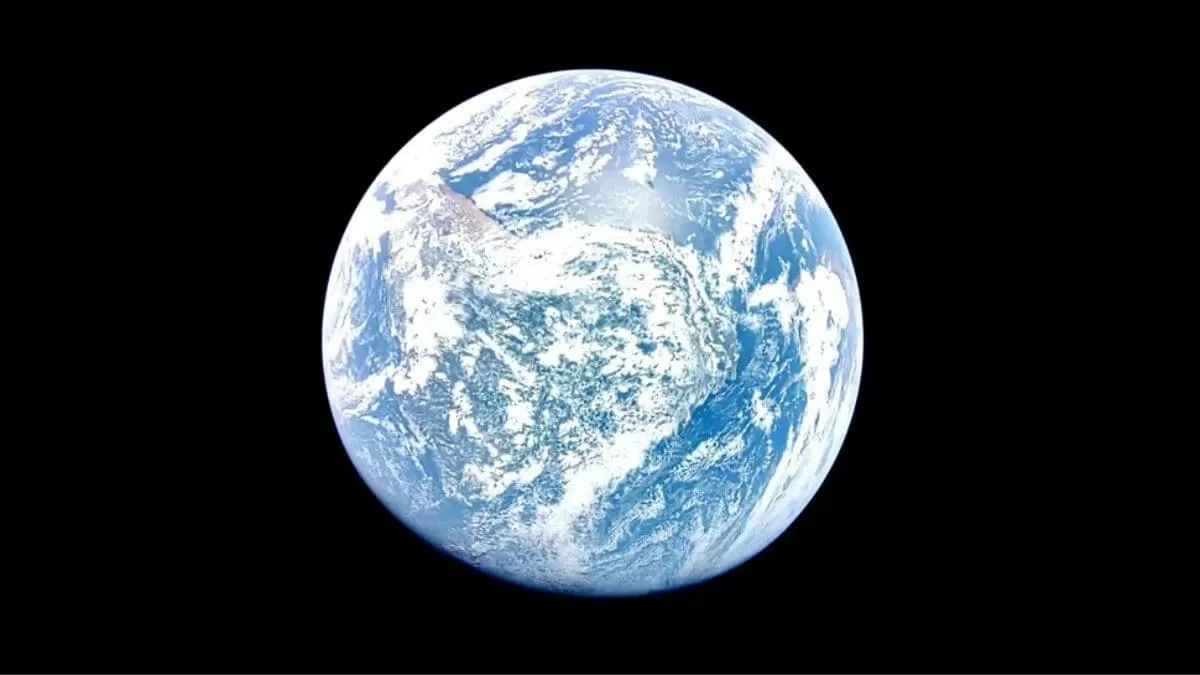Recent studies have challenged the widely accepted concept of the “great filter” in the emergence of intelligent life on Earth. According to this concept, the evolution of intelligent life is a rare and improbable event, occurring only when a series of highly unlikely circumstances align. However, new research suggests that the emergence of intelligent life is not a matter of luck, but rather a result of favorable planetary conditions.
The “great filter” concept has long been the dominant theory in explaining the appearance of intelligent life on Earth. It proposes that the evolution of intelligent life is a highly improbable event, and that the reason we have not encountered any other intelligent life in the universe is because most planets do not have the necessary conditions for it to emerge. This theory has been widely accepted, but a recent study challenges its validity.
The study, conducted by a team of researchers from the University of Queensland, argues that the emergence of intelligent life is not a matter of chance, but rather a result of favorable planetary conditions. The researchers suggest that Earth’s changing geobiology played a crucial role in the timing of when life arose, rather than a series of improbable events.
This perspective shifts the focus from the idea that intelligent life is a rare and unlikely event, to how planetary environments shape the process of evolution. The researchers argue that Earth’s unique geobiology, including its dynamic plate tectonics and changing climate, played a crucial role in creating the conditions necessary for the emergence of intelligent life.
The team used computer simulations to model the evolution of life on Earth, taking into account the planet’s changing geobiology over billions of years. They found that the timing of when life emerged on Earth was not a random event, but rather a result of the planet’s unique geological and environmental conditions.
The study challenges the notion that intelligent life is a rare and improbable event, and instead suggests that it is a natural outcome of favorable planetary conditions. The researchers argue that this perspective has important implications for our understanding of the possibility of finding intelligent life on other planets.
One of the lead researchers, Dr. Aditya Chopra, explains, “The fact that we have intelligent life on Earth suggests that it is not a rare event, but rather a natural outcome of favorable planetary conditions. This means that there could be many other planets in the universe with the potential for intelligent life.”
The study also has important implications for the search for extraterrestrial life. By shifting the focus from the “great filter” concept to how planetary environments shape evolution, researchers can better identify which planets may have the potential for intelligent life. This could greatly aid in the search for extraterrestrial life and help us understand our place in the universe.
The findings of this study have sparked excitement and optimism among the scientific community. It challenges long-held beliefs and opens up new avenues for research and exploration. By understanding how planetary environments shape evolution, we can gain a deeper understanding of the origins of intelligent life and its potential for existence on other planets.
The study also highlights the importance of protecting and preserving our planet’s unique geobiology. As Dr. Chopra notes, “Earth’s changing geobiology played a crucial role in the emergence of intelligent life. It is our responsibility to ensure that we do not disrupt these conditions and jeopardize the potential for intelligent life to emerge on other planets.”
In conclusion, the recent study challenging the “great filter” concept has opened up new perspectives and possibilities in our understanding of the emergence of intelligent life. By shifting the focus to how planetary environments shape evolution, we can gain a deeper understanding of the conditions necessary for intelligent life to arise. This study serves as a reminder of the importance of protecting our planet and its unique geobiology, and offers hope for the possibility of finding intelligent life beyond Earth.

